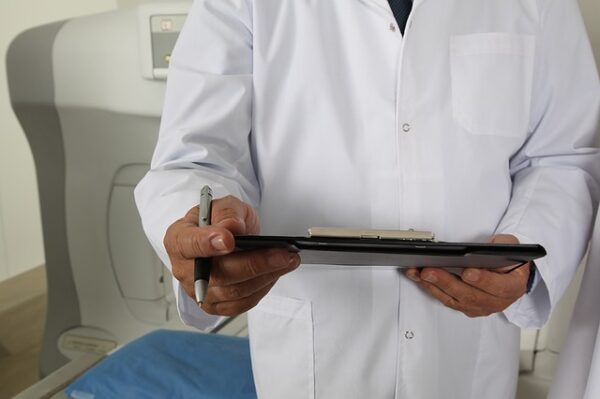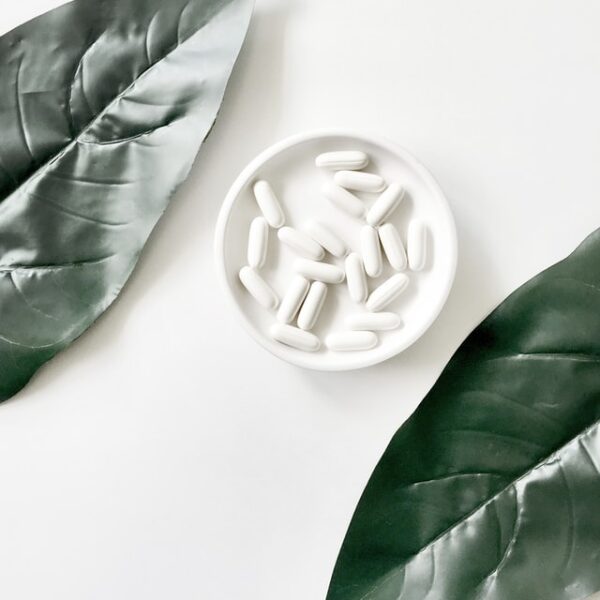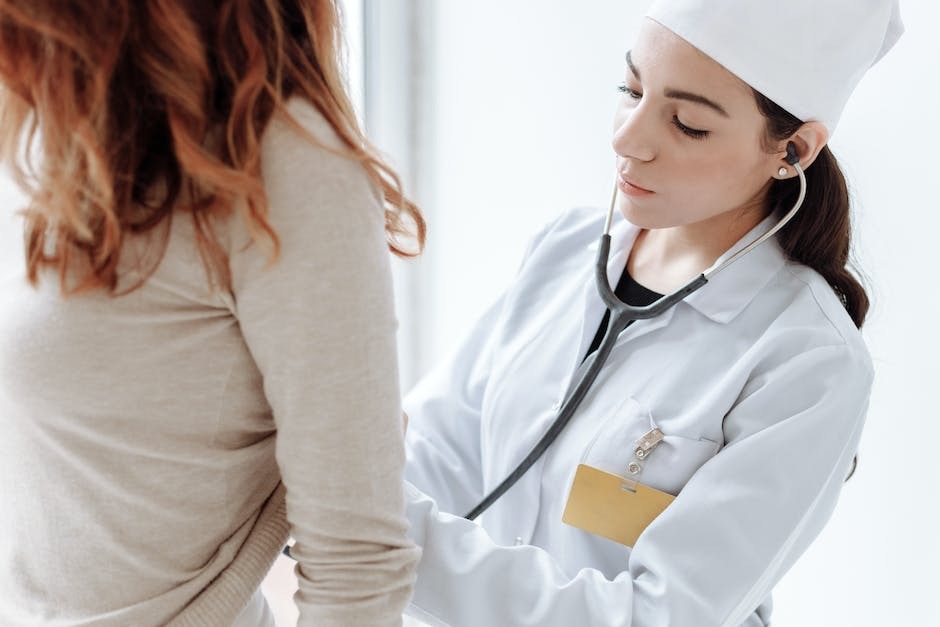
Medication-Assisted Treatment (MAT) is a highly-regulated hybrid treatment in which patients undergo counseling and behavior therapy in conjunction with prescribed medication to treat patient disorders holistically. According to SAMHSA, the Food and Drug Administration (FDA) approves the use of MAT medicines as it has effectively met each patient’s needs.
There is no one MAT program for all patients, as there are multiple factors to consider when prescribing the necessary medicine. It is both a comprehensive and personalized method of treatment. Though patients have similar symptoms, their body chemistry, mental and physical state, and medical history are considered when approaching the problem.
The two-dimensional approach of clinical medication and behavior therapy is a time-saving, cost-reducing, and highly efficient way to make sure you or your loved one is getting the best treatment you need.
What Does MAT Treat?
Medical Assisted Treatment primarily treats alcohol and substance abuse disorders. MAT is especially useful in opioid addiction treatment for heroin users and excessive prescription opiate painkiller users.
Under the influence of substances, the brain may experience euphoric but destructive effects that can cause mental breakdown and decay. Through MAT, the personalized medicines prescribed will block those euphoric effects, relieve the patient’s craving for those substances, and normalize the bodily functions otherwise blocked by the substances.
On the other hand, the psychological services that come with the treatment, be it counseling or behavioral therapy, help provide the patient with a proper support system that will help them cope with their problem.
By incorporating medicine with therapy, the patient undergoing MAT takes medicine that helps suppress their symptoms, reduce the toxic effects of their addiction, and condition their mind and body to become less reliant on the substance.
This whole-patient approach to solving their condition makes it easier for the patient to transition out of their addiction as well as improve their physical health, mental health, and overall demeanor towards life.
Not only does MAT help improve their well-being, but it also helps their loved ones better understand the patient’s situation. Medical prescribers would give updates to the patient’s loved ones as well as explain to them their condition, the possible underlying reasons for their addiction, and how to help the patient while they are at home.
What Are MAT Services?
As said before, Medical Assisted Treatment is specialized for each case. Therefore, there are several forms of MAT to best cater to the scenario. MAT services are generally divided into substance abuse treatment (illegal drugs and prescription addiction) and alcohol abuse treatment.
MAT facilitates the patient’s detoxification mainly, suppresses withdrawal symptoms, reverses their physiological cravings, treats co-occurring mental disorder symptoms, and averts the patient to their substance.
Medical Assisted Treatment services should not be confused with Medical Assisted Recovery (MAR), as MAR is more focused on post-treatment care’s recovery side. MAT is the first step for any patient’s recovery, which is why specialists prefer it over MAR.
Depending on the practitioner, MAT services can be as straightforward as personalized medicine prescription and counseling, to as far and unique as chiropractic treatment, yoga, art therapy, and other unique ways to make the patient feel good throughout the process.
MAT allows greater flexibility with what the patient can do in his/her recovery process, making the experience more personal and meaningful.

Prescribed Medicines for MAT
The medication prescribed depends on the treatment needed by the patient. The FDA has a list of approved medicines. Giving these prescribed medicines are dependent on the patient’s condition and should not substitute for other drugs.
For alcohol use disorders, the most common medications are acamprosate, disulfiram, and naltrexone. While they do not provide a cure for the disorder, they increase the treatment’s effectiveness by balancing the chemicals in the patient’s brain.
Dependency on short-acting opioids such as codeine, morphine, and heroin use buprenorphine, methadone, and naltrexone for treatment. These medicines are safe to use for long periods but must first be approved by the doctor.
For opioid overdose prevention, naloxone is the commonly used medicine utilized to combat the toxic effects of the overdose. Naloxone is considered to be one of the essential medications of a functioning healthcare system, according to the World Health Organization (WHO).
Does It Work?
In short, yes. Medical Assisted Treatment is a cost-effective and efficient way to help treat substance or alcohol addiction. It is better than medication-only or behavior-only treatment programs efficiency-wise and cost-wise.
The extremely high number of prescription pain medications that include opiates have caused a lot of cases of addiction and opiate reliance. Thus, a lot of these cases utilize MAT for being effective in treating addiction.
It also significantly cut down medical costs as it also proved to reduce inpatient detoxification services compared to traditional one-dimensional treatments. In other words, MAT gives the most bang for your buck as it is not only cheaper but more effective.
The individualistic aspect of MAT dramatically increases the patient’s treatment retention, chances of survival from overdose cases, and overall quality of life.
MAT not only achieves its ultimate goal of treating the patient but also serves as an excellent foundation for creating a proper support system for the patient. In other words, MAT can bridge the gap between the patient’s treatment and their regular, substance-free life.
Medicine Assisted Treatment centers can offer post-treatment services that can build up from the initial treatment and help the patient maintain proper habits to avoid relapse. This is to increase the person’s healthy positivity and ultimately help them reduce their need for personal assistance when it comes to coping with their problem.

Finding the Right Treatment
When it comes to finding the proper treatment for yourself or a loved one, it’s best to reach out to capable and willing professionals to find the best way to go about the problem. Here at Buena Vista Recovery, our staff has the right resources and personnel to help in the first step to recovery.
From addiction treatment to behavioral therapy, we are here to help patients through their problems and help them live a better and more fulfilling substance-free life. To learn more about how to help your loved one best, contact us at 800-922-0095.






